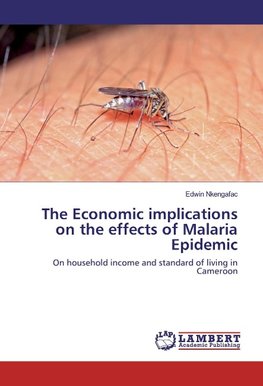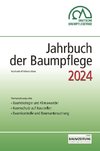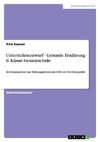
-
 Anglický jazyk
Anglický jazyk
The Economic implications on the effects of Malaria Epidemic
Autor: Edwin Nkengafac
Malaria is unique among diseases because its roots lie so deep within human communities. The most dangerous vectors of malaria thrive mainly within the village environment. Logically, the adult vectors remain close to their nocturnal source of human blood,... Viac o knihe
Na objednávku, dodanie 2-4 týždne
33.30 €
bežná cena: 37.00 €
O knihe
Malaria is unique among diseases because its roots lie so deep within human communities. The most dangerous vectors of malaria thrive mainly within the village environment. Logically, the adult vectors remain close to their nocturnal source of human blood, and the developmental stages of these mosquitoes exploit the nearby accumulations of water that form where people have disturbed the natural drainage. Current anti-malaria programs, however, generally are organized by governments and local common initiative groups. Failure to adhere to the prescribed regimen would endanger the long-term efficacy of the regimen. Resident cooperation is even more crucial when environmental management or housing improvement becomes the intervention modality. Does malaria impress local people as an important disease? Perhaps these traditional perceptions provide useful clues that would otherwise have eluded students of the subject. The effect of human movement on malaria is treated extensively. Human mobility exposes non-immune people to new malaria infections and creates new antigenic combinations that continuously confound the immune systems of the more sessile existing residents of endemic sites.
- Vydavateľstvo: LAP LAMBERT Academic Publishing
- Rok vydania: 2017
- Formát: Paperback
- Rozmer: 220 x 150 mm
- Jazyk: Anglický jazyk
- ISBN: 9783330049475

 Nemecký jazyk
Nemecký jazyk 









